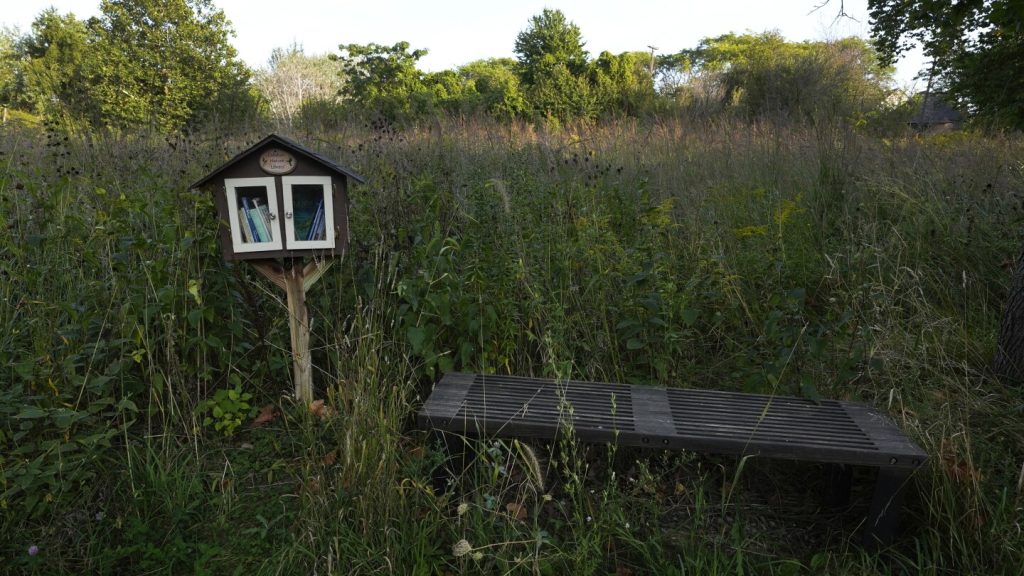Detroit and other cities are taking steps to combat the impact of climate change, particularly the rising temperatures and longer, hotter heat waves. The United Nations is urging governments, institutions, and investors to prioritize sustainable cooling solutions, such as planting trees for shade and using reflective building materials. The U.N. Environment Programme and the International Finance Corporation have issued a report on financing these solutions in the developing world during the U.N. General Assembly meetings.
The U.N. is pushing for countries and cities to cool buildings without relying heavily on air conditioners, raise energy efficiency standards for cooling equipment, and phase down highly-polluting refrigerants. The goal is to achieve near-zero emissions from cooling by 2050. Globally, 20% of electricity is used for cooling, and if nothing changes, the demand for cooling equipment is projected to triple by 2050, leading to increased electricity consumption and emissions from fossil fuels.
In response to the need for cooling solutions, a historic investment in urban trees is currently in progress. The U.S. Forest Service Urban and Community Forestry Program received a significant funding boost in 2022, leading to nearly 400 projects being selected for funding. The program aims to increase tree canopy in urban areas, which can help lower temperatures, provide shade, and offer various environmental benefits.
Urban areas often suffer from the detrimental effects of heat waves, with higher temperatures compared to surrounding suburbs due to the “urban heat island” effect caused by heat-absorbing surfaces. Increasing a city’s tree canopy by 10% can lower the temperature by 1.8 degrees Fahrenheit. The Smart Surfaces Coalition works with cities to integrate various cooling methods, including cool roofs, green roofs, solar power, porous pavement, and urban trees, to address the issue at a citywide level.
Detroit, known as a “city of trees” in the past, lost many trees due to development, disease, and pests. The city has received funding to increase tree canopy in neighborhoods with fewer trees. Residents like Eric Jones appreciate the cooling effects of trees, even though some homeowners may consider trees a nuisance due to falling leaves and squirrels. Detroit plans to plant 75,000 young trees over the next five years to create a more sustainable and cooler urban environment.
Research has shown that historically marginalized and underserved communities, particularly those inhabited by racial and ethnic minorities, tend to have less tree canopy cover. The Forestry Program is prioritizing projects in these communities to address environmental injustices related to extreme heat and lack of tree cover. Communities across the United States are taking action by planting trees, creating urban canopies, and addressing environmental issues at a grassroots level.


